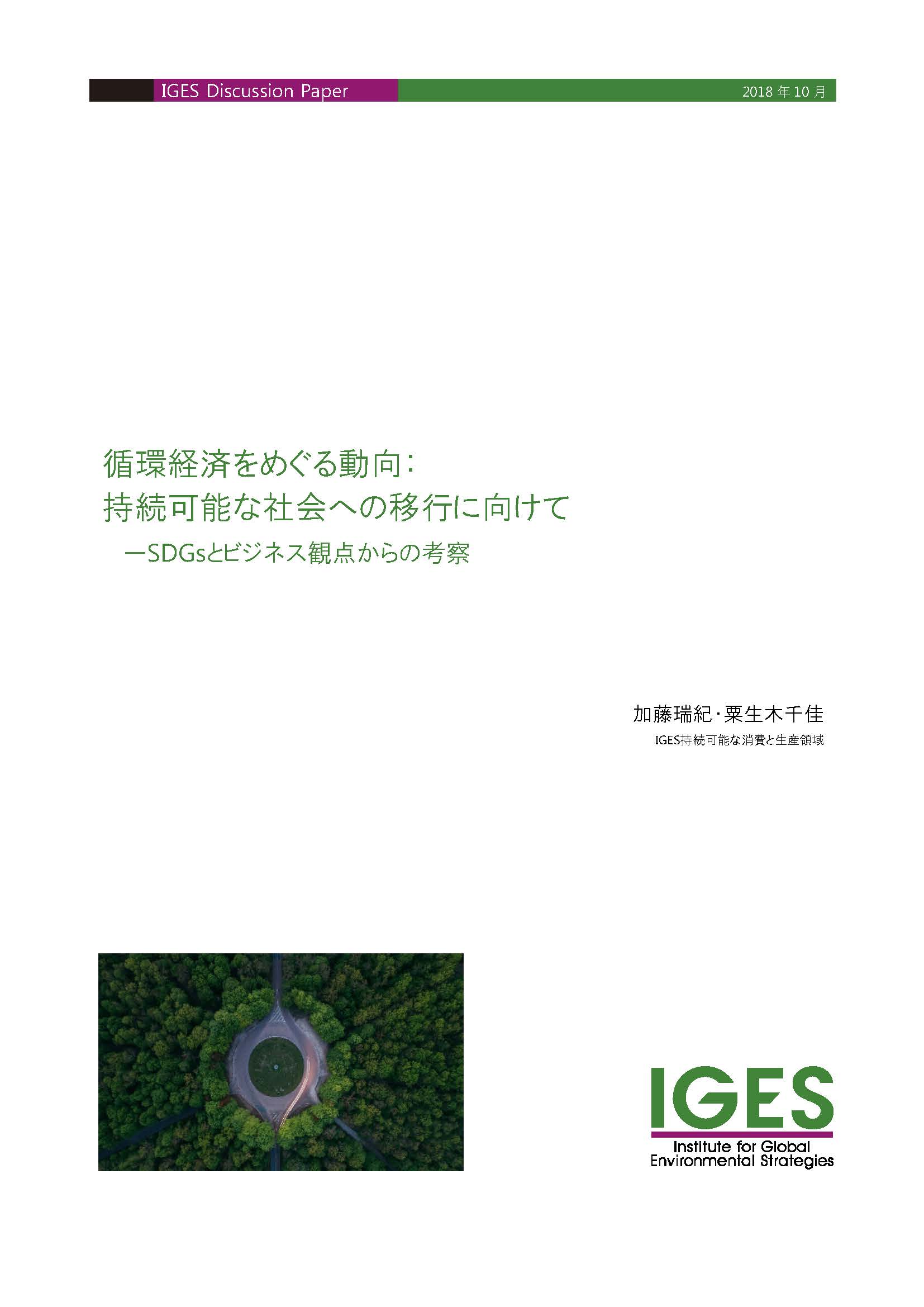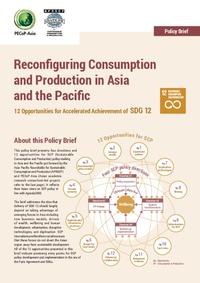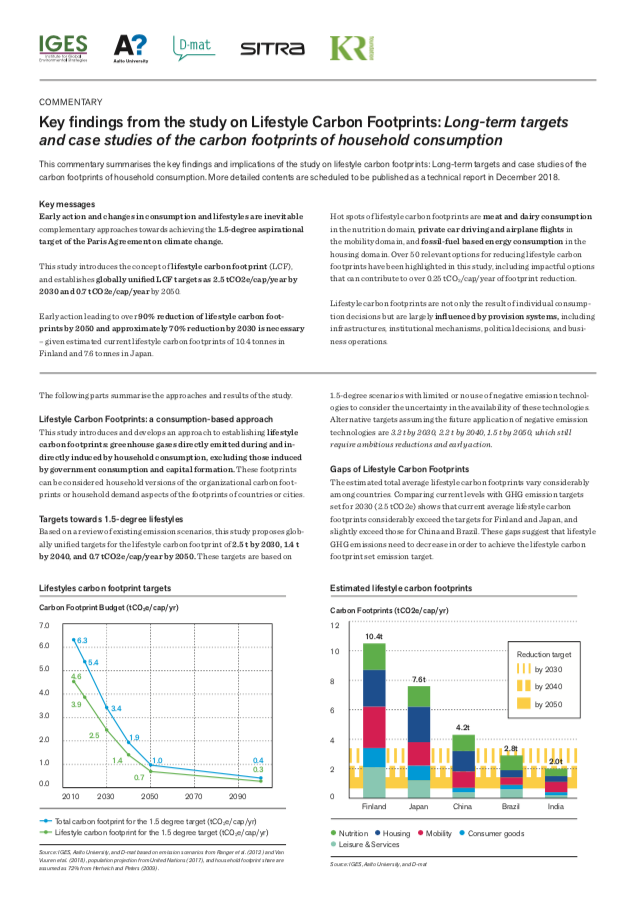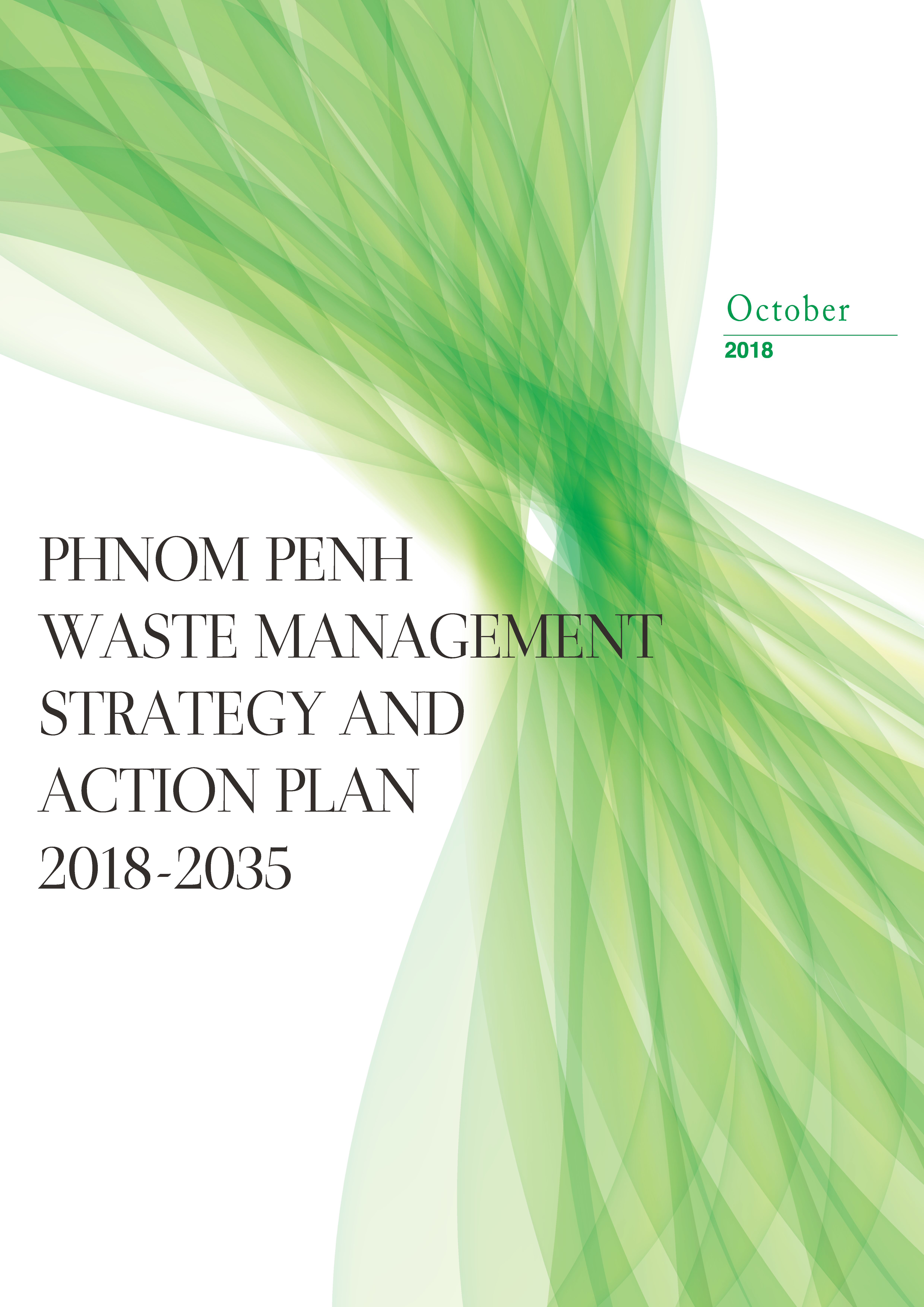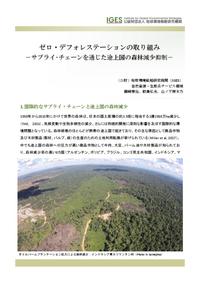循環経済(サーキュラーエコノミー)とは、資源循環を通じた経済の在り方であり、調達、生産、消費、廃棄といった一方向の流れではなく、リサイクル、再利用、再生産、省資源の製品開発、シェアリングなどを通じた資源循環の実現を目指す概念である。本稿では、欧州における政策開発や国際合意を背景に近年急速に機運が高まりつつある循環経済に焦点を当て、なぜいま世界的に循環経済が注目されているのか、またその実施に向けた動きをSDGsやビジネスの観点から概観している。
- Clear all
- Publication Year: (-) 2011
- Publication Year: (-) 2018
- Topic: (-) Sustainable Consumption and Production
- Region/Country: (-) Asia
- Region/Country: (-) Canada
- Region/Country: (-) Fiji
- Region/Country: (-) Finland
- Region/Country: (-) Germany
- Region/Country: (-) United Republic of Tanzania
Results 1 - 10 of 25 (Sorted by date)
This policy brief presents four directions and 12 opportunities for SCP (Sustainable Consumption and Production) policy-making in Asia and the Pacific put forward by the Asia Pacific Roundtable for Sustainable Consumption and Production (APRSCP) and PECoP-Asia (Asian academic research consortium-led project; refer to the last page). It reflects...
This report looks at national policies and initiatives related to sustainable consumption and production in Asia, without pretending to offer an exhaustive inventory of such policies and initiatives. It was developed based on literature review, integrating information collected through key regional projects such as SWITCH Asia and SwitchMed. The...
In IEEE Xplore Digital
Motorization has increased sharply forced by economic growth couple with poor public transport services especially at urban areas in Asian cities. A transition process to a private vehicle dependent society could be found in many cities because local authority doesn't have appropriate planning to anticipate it while earlier studies also clearly...
In 廃棄物資源循環学会誌
2001年に,OECD (経済開発協力機構) が拡大生産者責任 (EPR) 政策の政府向けガイダンスマニュアルを発表して以来,EPRの原則に基づいた使用済み製品の引き取り・リサイクル政策は,導入国数,政策の対象とする製品ともに拡充してきている。不適切な廃棄物管理やインフォーマルなリサイクル活動による環境負荷や社会問題に直面してきた途上国では,EPR政策の導入がある種の希望をもってみられてきた。本論文では,アジア新興国・途上国でのEPR政策の展開を紹介し,途上国でEPR政策を導入する上での課題を整理する。その上で,OECD政策ガイダンス改訂版はこれらの途上国の抱える課題にどう応えているかを論じる。最後に,途上国のリサイクル政策へのEPR適用の経験から何が学べるのかについて,論じる。
National and sub-national policy for Education for Sustainable Consumption (ESC) is one of the powerful instruments to influence sustainable consumption (SC) behaviour at both individual and organisational levels. This report addresses how to improve the capacity of policy makers and governments in formulating ESC policy. It also addresses the...
This policy brief explores opportunities to improve Japan’s strategy for promoting and strengthening green markets across East Asia by addressing both Japan’s domestic strengths as an environmental leader and also the emerging needs for green market development in other East Asian countries. Responding to a diversity of factors, this brief proposes...
This commentary summarises the key findings and implications of the study on Lifestyle Carbon Footprints: Long-term targets and case studies of the carbon footprints of household consumption. This study introduces and develops an approach to establishing lifestyle carbon footprints: greenhouse gases directly emitted during and indirectly induced by...
Just like in any city, the waste management has always been a major societal issue for Phnom Penh. The monthly amount of disposed waste at the landfill more than doubled in the past decade owing to factors such as population growth, economic growth, changes in industrial structure and of people’s lifestyle. While Phnom Penh Capital Administration...
商品作物の国際的サプライ・チェーンが途上国の森林減少に大きな影響を与えている。森林破壊に由来する商品作物を原料として利用する企業に対する批判が高まり、これに対応して森林減少を伴わない形で生産された作物をサプライ・チェーンの中で取り扱う「ゼロ・デフォレステーション」の取り組みが始まっている。2014年に「森林に関するニューヨーク宣言」が国連気候変動サミットで採択され、「世界の天然林減少率を2020年までに少なくとも半分に抑え、2030年までにゼロにする」こと、そのために「農産物生産による森林破壊を2020年までに排除するという民間セクターの目標達成を支援する」ことが目標として盛り込まれた。日本でも、認証制度を活用したゼロ・デフォレステーションの取り組みも広がりはじめている...

